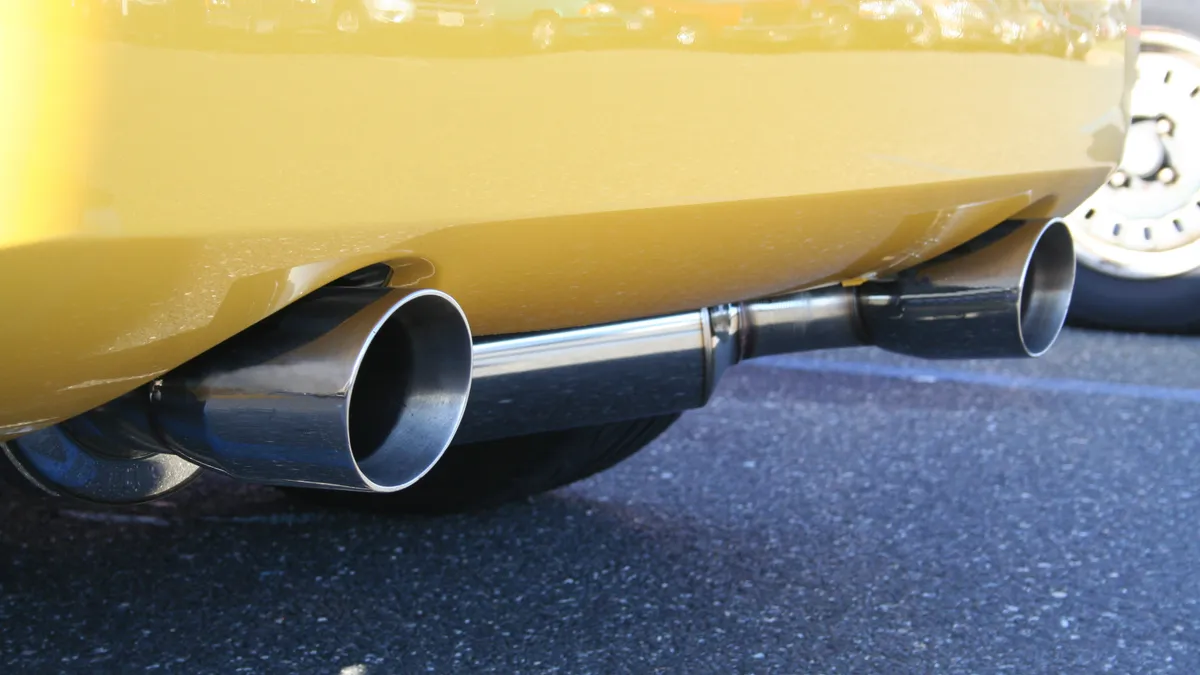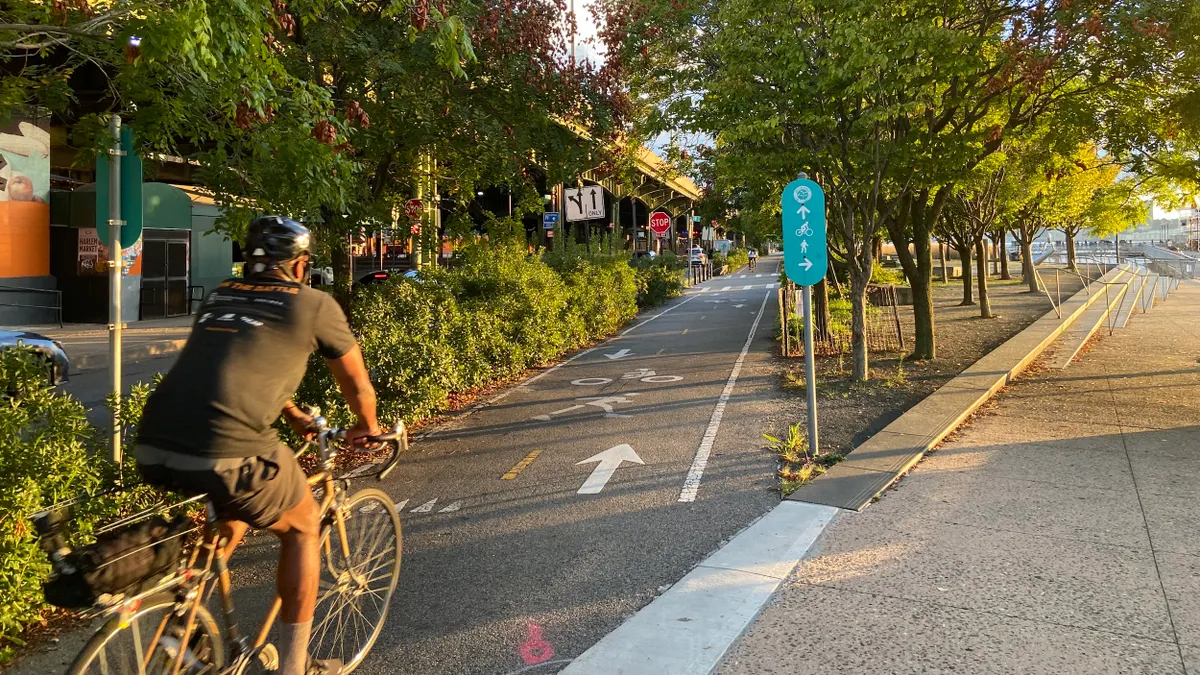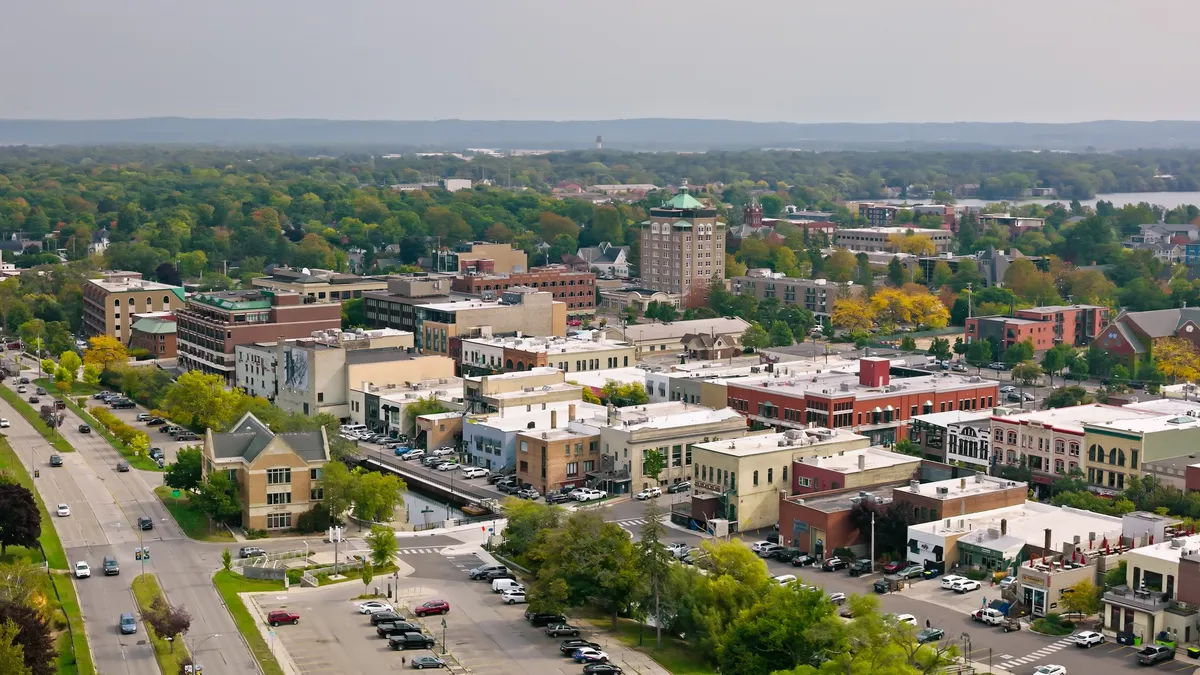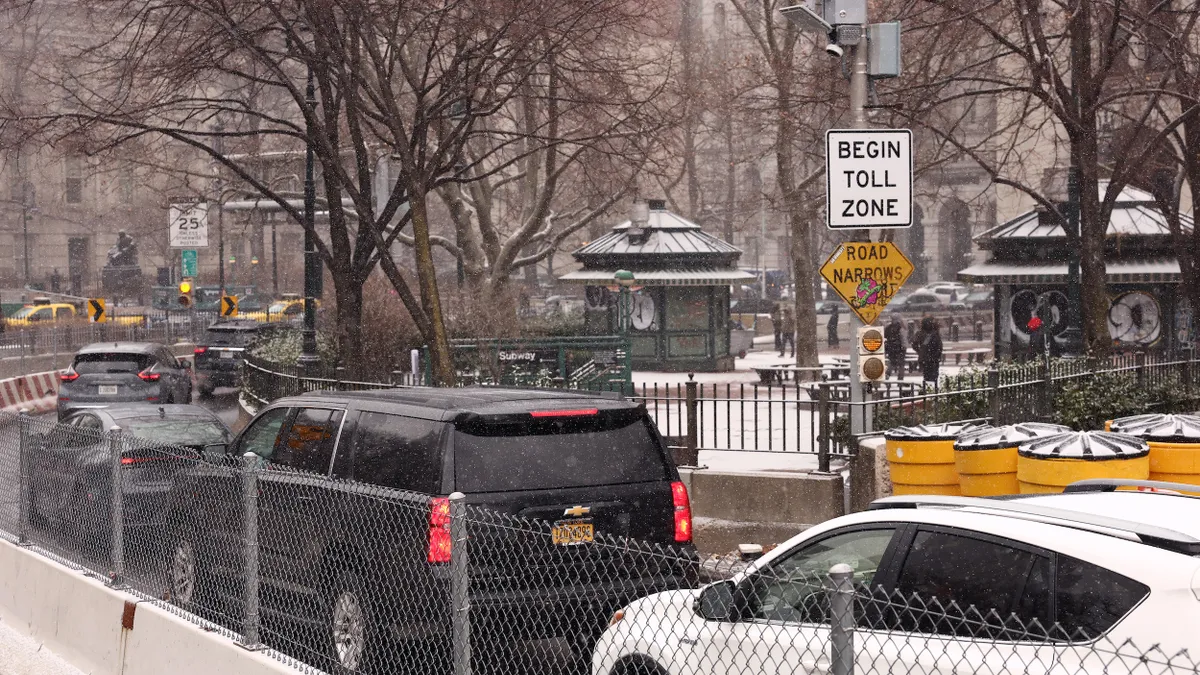Loud vehicles with modified exhaust systems meeting up at downtown intersections or speeding down city streets late at night are an increasing source of resident complaints in some communities. Many jurisdictions have laws against loud cars, trucks, and motorcycles, but identifying and catching violators has been challenging. Noise cameras promise to make that process simpler. However, the politics and laws surrounding noise cameras can be complex.
One supplier of the devices is the Southampton, UK-based Intelligent Instruments, which makes and sells the SoundVue system. The $27,000 device (plus software licensing fees), roughly the size of a large suitcase, attaches to a light pole and can be easily moved from location to location, the company says. Reuben Peckham, a director at Intelligent Instruments, said London has about a dozen of its devices installed, and the company has received inquiries from more than 30 U.S. cities.
Carter Hall, policy and business innovation manager for Knoxville, Tennessee, said his city has one noise camera downtown that gathers data about the scope of the vehicular noise problem. “We think of it more as a kind of engineering survey tool, the way that you would [study] traffic patterns, but to understand noise violation,” Hall said. A local news report from July 2022 said that about 1,300 cars had triggered the camera in roughly the first six months of operation.
“At the time, there were only two other cities in the world that were using these cameras: London and then New York,” Hall said.
For Knoxville, issuing tickets for noise violations would be complicated, Hall said, and would need to start with action by the Tennessee state legislature. “We don't do vehicle inspections here, where some states do their muffler checking, so that's not a tool available to us.” Hall said police can issue noise citations for excessive noise at parties using body camera evidence and wondered if there were a way to apply that to vehicles, noting that it might require new or amended legislation.
“A lot of times when I talk to [other] cities, I used to just be allowed to talk about the camera and the technology,” Hall said. “But now, a lot of my conversations now are about how do you think about your city codes and your ordinances so that you can actually enforce things. You know, you’ve got to have a legal framework that lets you do these important things.”
New York addressed the problem in 2021 when the state enacted the SLEEP Act, which increased penalties for driving or selling vehicles with altered exhaust systems to $1,000. Mechanics who make the alterations can lose their state licenses to perform inspections.
New York City appears to be the only U.S. city issuing citations for vehicle noise complaints captured by a noise camera. Its one device has been moved to five different locations since its deployment in mid-2021. Douglas Auer, a spokesperson for the city’s Department of Environmental Protection, says it has issued 71 citations since then and expects to deploy a second camera this month.
“The noise camera is equipped with a high-definition camera and audio sensor that are triggered by cars and other vehicles that exceed pre-defined noise limits,” Auer said. “The sound meter and camera are installed adjacent to the roadway and are activated when they detect a noise at a distance of 50 feet or more that registers at or above 85 dBA.” He said inspectors and supervisors screen each video before DEP issues a citation.
The citations — $800 for a first offense, rising to $2,500 for a third offense — are civil penalties. They trigger administrative hearings and do not put the driver’s license or registration at risk. The city’s Office of Administrative Trials and Hearings records show that few of the cited drivers appear for a hearing, and many citations have gone unpaid.
SLEEP Act sponsor Sen. Andrew Gournades said he would introduce a bill this year that would authorize noise cameras statewide. “The solution here is to strengthen enforcement and strengthen penalties, but also shift to an automated enforcement model, which we know is more objective, more fair, and takes law enforcement directly out of their responsibility,” Gournades said.
In Knoxville, “from the outset, we were very clear that the noise camera is not a silver bullet for us,” Hall said. “It's just a way to gain information. But I am hopeful that pretty soon we will be able to implement some things that will get us closer to mitigation and enforcement going hand in hand.”


















